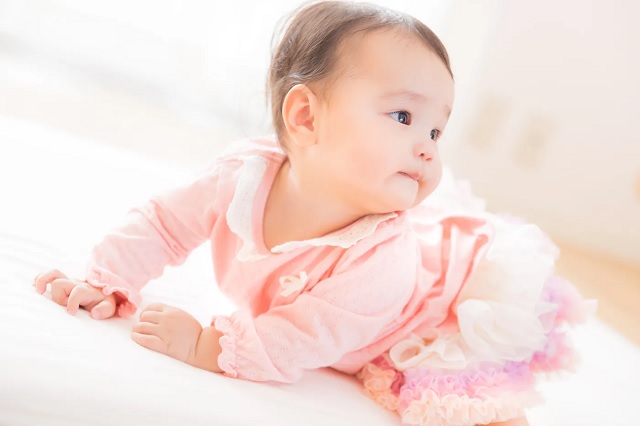Japanese government wants to give people an extra 80,000 yen to have babies, but will it work?

Increase to Childbirth and Childcare Lump-Sum Grant is latest proposed plan to boost birth rate.
Japan has been struggling to find ways to increase its low and declining birth rate for some time now, and the Ministry of Health, Labor and Welfare is hoping that the promise of some extra cash in the bank will encourage more people to add a baby to their family.
Currently, new parents in Japan receive a Childbirth and Childcare Lump-Sum Grant of 420,000 yen (US$3,020) upon the birth of their child. Health, Labor and Welfare Minister Katsunobu Kato wants to up that amount to an even 500,000 yen, and met with Japanese prime minister Fumio Kishida this week to discuss the proposal, which is expected to be approved and put into effect for the 2023 fiscal year, which starts in the spring.
However, while such an increase in the grant amount isn’t likely to make anyone less motivated to have children, it may not be all that effective of an incentive either. Though it’s called the Childbirth and Childcare Lump-Sum Grant, little, if any, of it is left over after the “Childbirth” part. Though the grant is funded through Japan’s public medical insurance system, child delivery expenses are paid out of pocket, and according to Mainichi Shimbun the nationwide average for delivery costs is approximately 473,000 yen.
That means that even if the grant is increased, parents would be looking at, on average, less than 30,000 yen of it remaining once they’re home from the hospital, or less than the amount Asahi Breweries is gifting workers to eat out this holiday season. That’s not going to go very far against the total costs of raising a child to self-sufficient adulthood, and it’s doubtful in the first place that an 80,000-yen boost is going to cross over anyone’s make-it-or-break-it point for having a baby. Yes, it is true that cautious attitudes about being able to financially provide for one’s children are a detriment towards childbirth in Japan. The core issue, though, tends to be a lack of confidence by could-be parents in their ability to earn enough to support their family while also maintaining a happy and fulfilling balance between work and private life during the many years over which their kid will be growing up. That’s a tough tightrope to walk in Japanese society, and worries about being able to do it are a much bigger contributing factor to the low birth rate than coming up with the cash to pay for the baby’s delivery.
All that said, a little extra cash as the family expands is something, in and of itself, that new parents would be thankful for, and the 80,000-yen boost would be the largest increase ever for the Childbirth and Childcare Lump-Sum Grant, and its first since 2009.
Sources: 47 News via Jin, Mainichi Shimbun via Hachima Kiko
Top image: Pakutaso
● Want to hear about SoraNews24’s latest articles as soon as they’re published? Follow us on Facebook and Twitter!
Credit:

0 comments:
Post a Comment